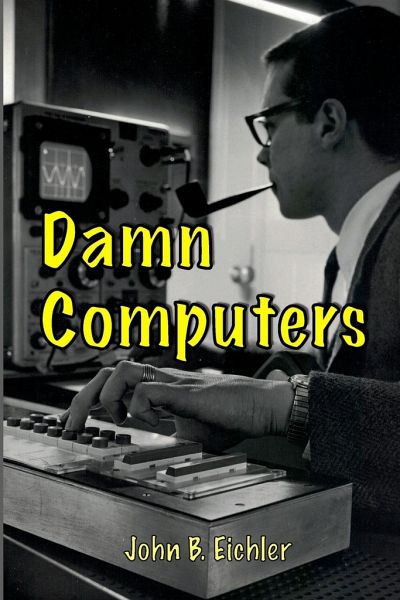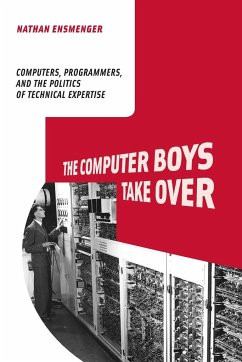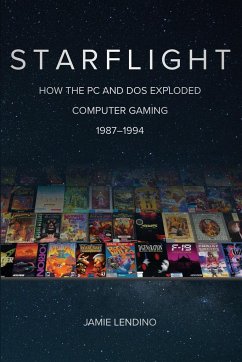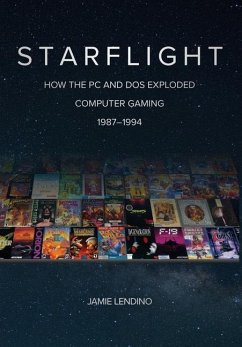
Damn Computers
Versandkostenfrei!
Versandfertig in 1-2 Wochen
19,99 €
inkl. MwSt.

PAYBACK Punkte
10 °P sammeln!
Today computers are ubiquitous and number in the billions worldwide. They are programmed by growing millions of programmers covering all age groups for a wide range of applications never dreamed of when computers were initially invented. But it has not always been this way. Like the wild west of olden days, there was a time-long before the modern personal computer-when computers numbered in the hundreds and programmers were considered odd ducks delving in the mysteries of the black art of this new creation. The 1950s saw the rise of the vacuum tube machines, primitive as they were, infiltrate ...
Today computers are ubiquitous and number in the billions worldwide. They are programmed by growing millions of programmers covering all age groups for a wide range of applications never dreamed of when computers were initially invented. But it has not always been this way. Like the wild west of olden days, there was a time-long before the modern personal computer-when computers numbered in the hundreds and programmers were considered odd ducks delving in the mysteries of the black art of this new creation. The 1950s saw the rise of the vacuum tube machines, primitive as they were, infiltrate into the general scientific and business communities. Many of these monsters required custom air conditioners for cooling, and they ate energy with phenomenal gusto. Transistors were new and few machines of that time used them. It was toward the end of that decade that the author of this book stumbled into this new field. No classes were given even in most universities at that time so learning how to master a computer was a self-driven desire. The author had to teach himself everything about the technology from scratch, both software and hardware. As many others have done in this field, he held multiple positions over the years. He often found himself in the situation where, after the supposed "experts" couldn't solve a problem, he was called in to make the system perform as intended. In this book the author takes the reader on a personal excursion through the history of computers. The story is told in an easy to read non-technical manner with some humor tossed in. The reader experiences first hand what it was like from working on a vacuum tube monster to the modern computer-on-a-chip and internet era. The time frame covers nearly six decades. The book is directed to a general reader who has an interest in computers. The book makes an excellent gift for anyone who has discovered the joy of computers but doesn't know much about the trials and tribulations in the early days-the wild west days-of computers.














